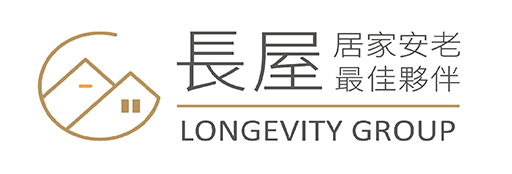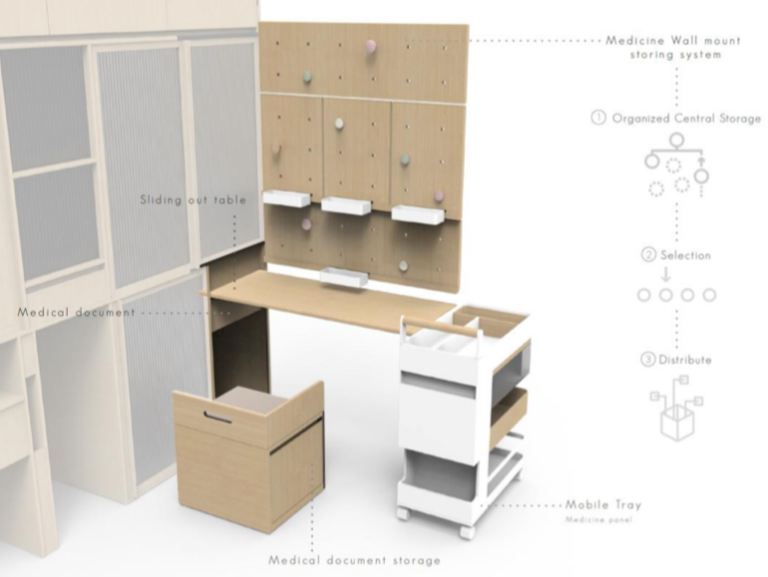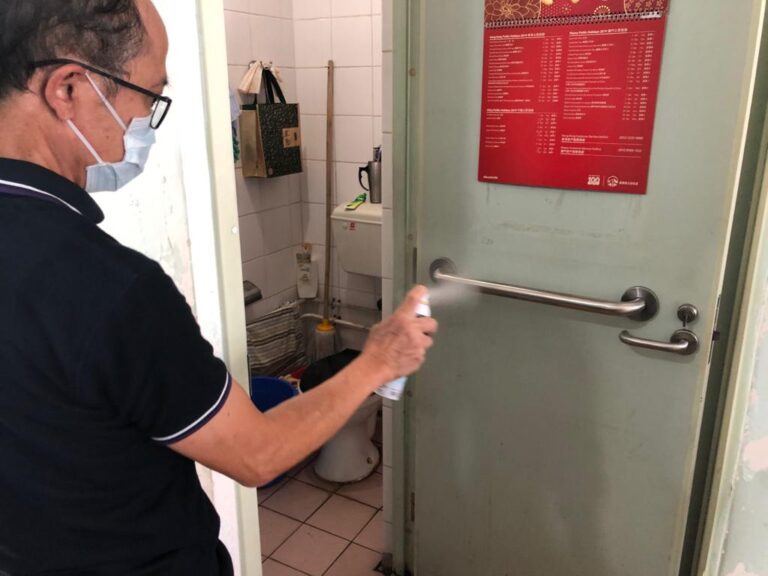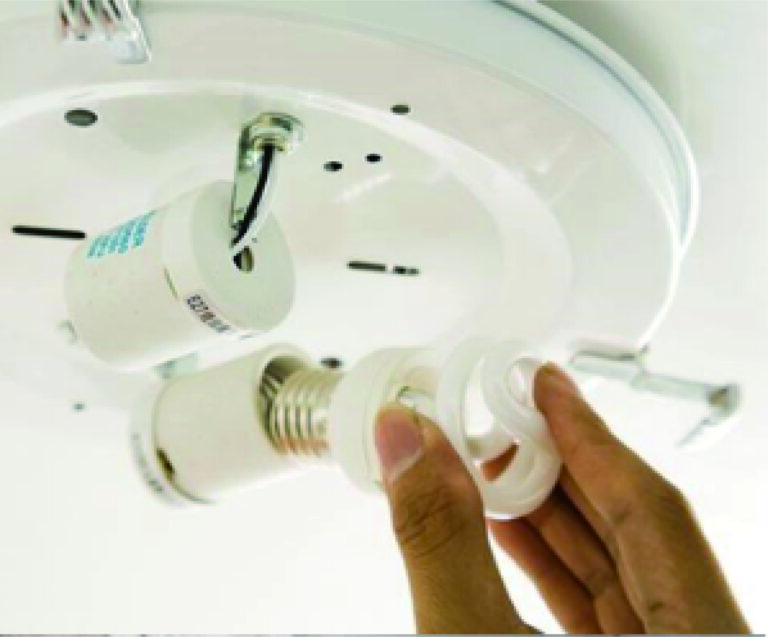Imagine that an elder with a disability is living in a public housing unit with a 120 square foot saleable area. How can we help him to live more comfortably?
Longevity Design House, a social enterprise that has completed more than a hundred of construction work for elderly housing units within two years.
Their co-founders Ray and Vincent proposed a real model to illustrate their ideas. A rectangular living room with a corridor to allow the passing of a wheelchair and a streamlined wooden desk connected with a long bench. “In our design, we have taken maintenance and cleaning into account. We understand it’s difficult to clear the dust between furniture. Therefore, we suggested streamlined design on the desk. It’s easier to clean up and less likely to get injured from the corners.” Vincent explained. “We have put anti-skidding floors in the kitchen and washroom. Besides, there are no threshold in the widened doorway to allow passing of the wheelchair. We suggested using sliding doors for rooms as rescue teams could open the doors as soon as possible if accidents happen. There are folding chairs installed on the wall of the shower and a thermos ventilator to regulate temperature.
Longevity Design House had collaborated with The CUHK Yunus Social Business Centre to provide home design services for 20 elders living alone in public housing units.
The CUHK Yunus Social Business Centre always reuse construction materials for the maintenance work for privately owned public housing units, which greatly lower the amount of waste materials disposed of in landfills.
“There will be 1-2% of construction materials left from the construction work of a building with 200 million of construction cost. To be simple, two pieces of anti-skid tiles. Some property developers planned to donate 33 pieces of 20000 square feet anti-skid tiles, which is more than enough for us to renovate more than a hundred washrooms! “Apart from tiles, some of the remaining items include toilets, sinks, shower heads and water-taps. Main contractors are always welcome to donate those items as the fees for waste management, transportation and storage can be saved.



